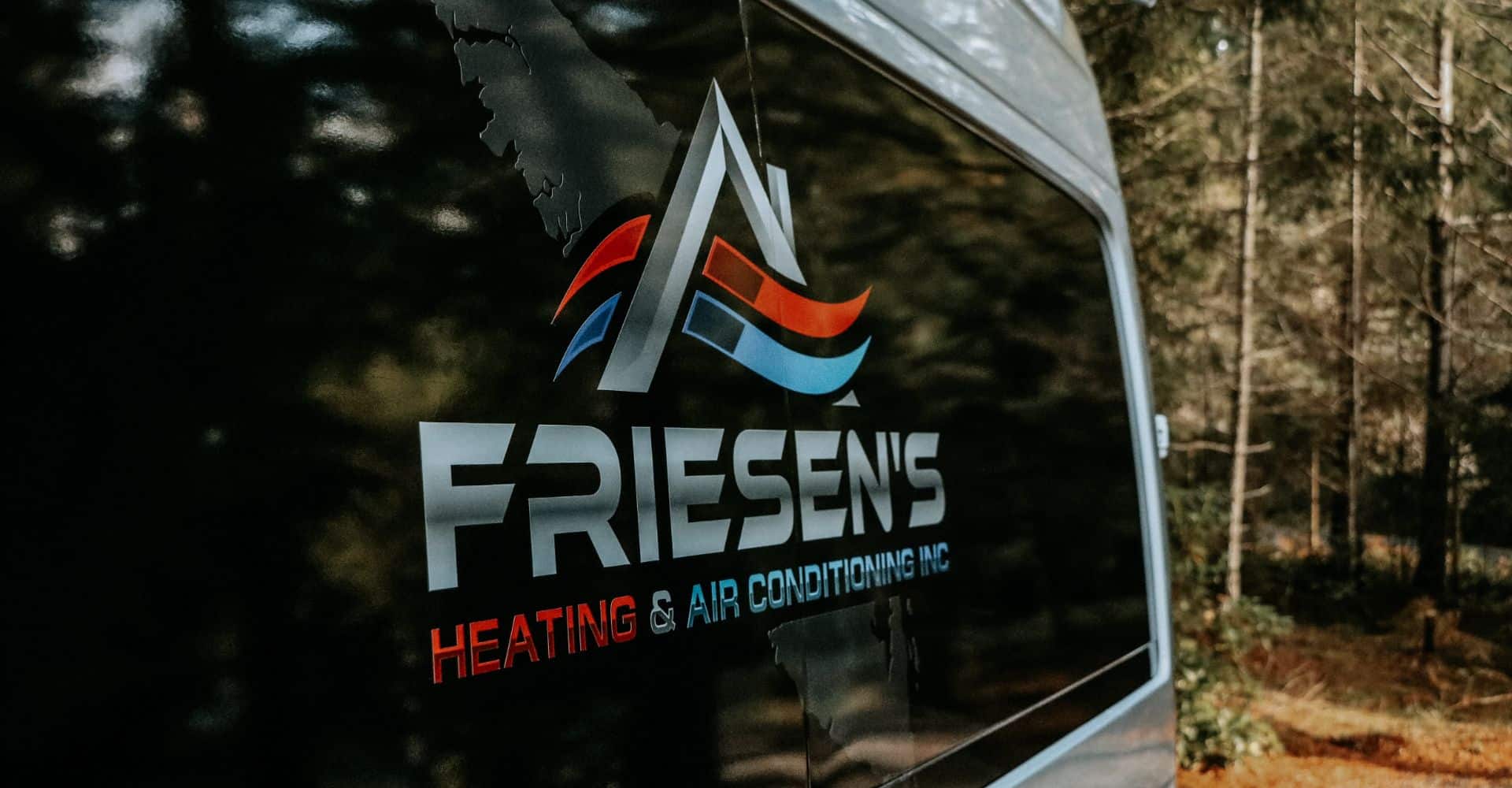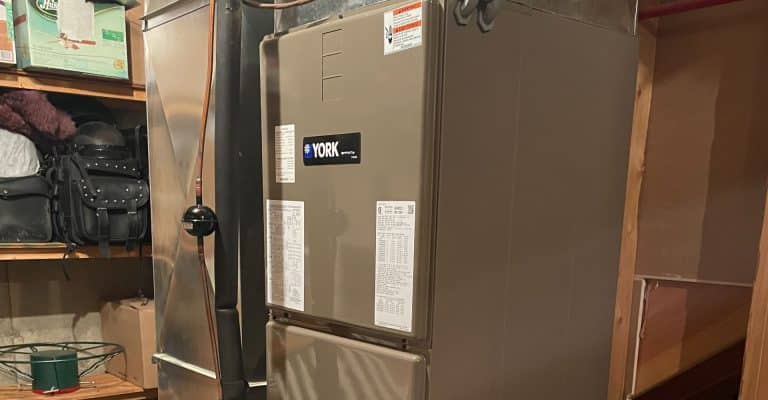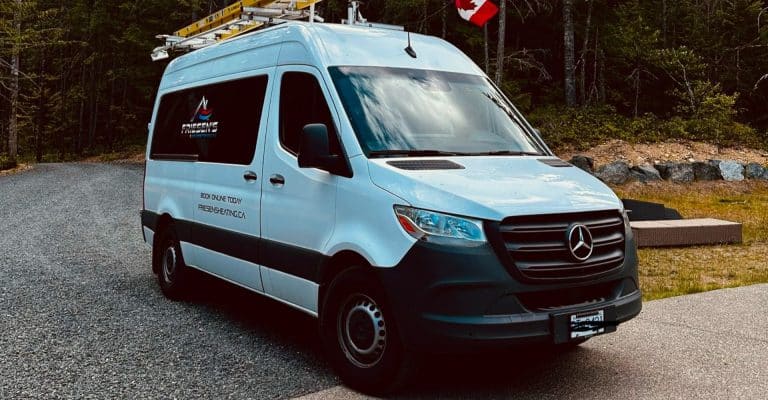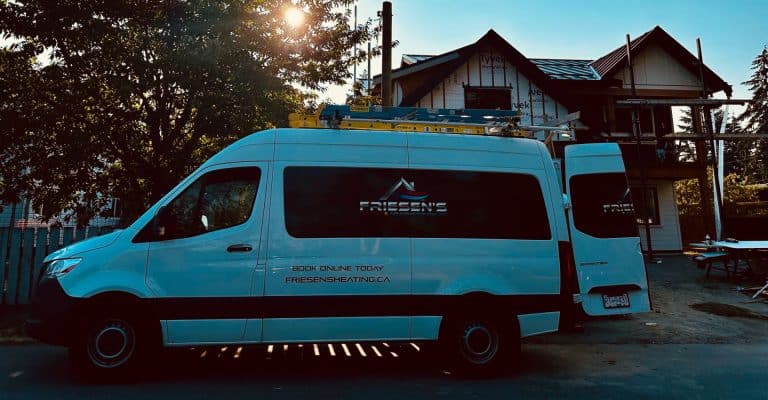Natural Gas vs. Oil Furnace Repairs: What You Should Know
When it comes to keeping your home warm and comfortable during Vancouver Island’s damp and chilly winters, both natural gas and oil furnaces are reliable heating options. However, these two types of furnaces come with different maintenance and repair requirements that homeowners should be aware of. Understanding the common repair issues for natural gas and oil furnaces will help you stay ahead of potential problems and ensure your heating system remains efficient throughout the winter season.
In this blog, we’ll compare the common repairs associated with natural gas and oil furnaces, so you can make informed decisions about maintaining and servicing your heating system.
Common Repairs for Natural Gas Furnaces
Natural gas furnaces are popular for their efficiency and relatively low operating costs. They’re also known for being easier to maintain compared to oil furnaces, but like any mechanical system, they can develop issues over time. Here are some of the most common repairs associated with natural gas furnaces:
1. Faulty Ignition System
Natural gas furnaces use either a pilot light or an electronic ignition system to start the burner. Over time, the ignition system can wear out or become dirty, making it difficult for the furnace to light properly. A weak or flickering pilot light is often a sign of a faulty ignition system.
Repair Tip: Regular maintenance can prevent ignition issues by ensuring that the pilot light or electronic igniter is clean and functioning properly.
2. Blower Motor Problems
The blower motor in a natural gas furnace is responsible for distributing heated air throughout your home. If the blower motor becomes worn out or develops electrical issues, it can stop working or operate inefficiently, resulting in poor airflow and uneven heating.
Repair Tip: If you notice strange noises coming from your furnace or if your home isn’t heating evenly, it may be time to have the blower motor checked by a professional.
3. Heat Exchanger Cracks
The heat exchanger is a critical component of a natural gas furnace, as it transfers heat from the combustion process to the air that circulates through your home. Over time, the heat exchanger can develop cracks due to the constant heating and cooling cycle.
Repair Tip: Cracks in the heat exchanger are a serious issue, as they can lead to carbon monoxide leaks. If your furnace is over 10-15 years old, it’s a good idea to have the heat exchanger inspected annually to prevent dangerous situations.
4. Gas Valve and Thermocouple Issues
The gas valve controls the flow of natural gas to the furnace, while the thermocouple is a safety device that shuts off the gas if the pilot light goes out. If either of these components malfunctions, your furnace may not be able to light or may shut off unexpectedly.
Repair Tip: Regular inspections by a qualified HVAC technician can catch gas valve or thermocouple problems before they result in a furnace failure.
Common Repairs for Oil Furnaces
Oil furnaces are known for their durability and ability to generate higher heat output, making them a great option for homes that need strong, consistent heating. However, oil furnaces tend to require more frequent maintenance and repairs compared to natural gas furnaces due to the nature of oil combustion. Here are the most common repair issues for oil furnaces:
1. Clogged or Dirty Fuel Filters
Oil furnaces rely on a steady supply of fuel oil to operate, and the fuel filter is responsible for removing impurities from the oil before it reaches the burner. Over time, the filter can become clogged with dirt and debris, reducing the furnace’s efficiency and causing it to shut down.
Repair Tip: Changing the oil filter regularly is essential to keeping the system running smoothly. Many homeowners opt for annual furnace maintenance to ensure the filter is clean and the furnace is ready for the heating season.
2. Burner Malfunctions
The burner in an oil furnace is responsible for mixing fuel oil with air and igniting the mixture to generate heat. If the burner becomes clogged with soot or carbon deposits, it can lead to inefficient combustion, poor heating performance, or even complete system failure.
Repair Tip: A professional cleaning of the burner should be done regularly to prevent soot buildup and ensure efficient operation.
3. Nozzle Blockages
The nozzle in an oil furnace controls the amount of fuel oil sprayed into the combustion chamber. Over time, nozzles can become blocked or clogged with impurities, preventing the furnace from operating properly.
Repair Tip: Nozzles should be inspected and cleaned or replaced during regular maintenance to ensure optimal fuel delivery and prevent system malfunctions.
4. Oil Pump Failures
The oil pump is responsible for drawing fuel oil from the storage tank and delivering it to the burner. If the pump fails or leaks, the furnace will be unable to generate heat. Oil pump issues can occur due to wear and tear, improper maintenance, or problems with the fuel lines.
Repair Tip: Regular maintenance of the oil pump is crucial to avoid breakdowns. If you notice that your furnace is making unusual noises or failing to start, the oil pump may need to be repaired or replaced.
Differences in Maintenance Needs for Natural Gas vs. Oil Furnaces
While both natural gas and oil furnaces require regular maintenance to operate efficiently, there are key differences in the frequency and type of upkeep each system needs.
1. Fuel Supply and Storage
-
- Natural Gas: Natural gas furnaces are connected to a continuous fuel supply through the gas lines, so there’s no need for fuel storage or delivery. This makes them easier to maintain in terms of fuel management.
- Oil: Oil furnaces require an on-site storage tank, which needs to be filled regularly. Homeowners must monitor their fuel levels and schedule deliveries, adding an extra layer of maintenance. Additionally, oil tanks should be inspected for leaks and sludge buildup to prevent system damage.
2. Soot and Carbon Buildup
-
- Natural Gas: Natural gas burns cleaner than oil, so there’s less soot and carbon buildup in the furnace’s combustion chamber. This means fewer cleanings are needed for gas furnaces compared to oil systems.
- Oil: Oil combustion produces more soot and carbon, which can accumulate in the furnace and reduce its efficiency. Regular cleanings are essential to keep oil furnaces operating smoothly and prevent clogs in the burner or flue.
3. Filter and Component Maintenance
-
- Natural Gas: Gas furnaces typically require filter changes and annual inspections of key components, such as the blower motor, heat exchanger, and ignition system.
- Oil: Oil furnaces require more frequent filter changes, along with inspections and cleanings of the fuel lines, burner, and nozzle. Because oil furnaces tend to have more moving parts, they generally require more frequent maintenance than gas furnaces.
Which System Is Easier to Maintain?
Overall, natural gas furnaces tend to be easier to maintain than oil furnaces due to their cleaner-burning fuel and fewer moving parts. However, oil furnaces can still provide reliable and powerful heating, especially for homes that don’t have access to natural gas lines.
Regardless of the type of furnace you have, regular maintenance is essential to avoid costly repairs and ensure your heating system lasts for years to come. Both natural gas and oil furnaces benefit from annual tune-ups, which can catch small problems before they turn into major issues.
Conclusion: Keep Your Furnace Running Smoothly
Whether you rely on a natural gas or oil furnace to heat your home on Vancouver Island, understanding the common repair needs for each system is key to keeping it in top condition. Natural gas furnaces tend to have fewer maintenance requirements, but oil furnaces can provide powerful heat when properly maintained.
At Friesen’s Heating & Air Conditioning, we specialize in both natural gas and oil furnace repairs. Our experienced technicians can help you identify issues before they become costly repairs and ensure your furnace runs efficiently all winter long.
Our Service Areas
Friesen’s Heating & Air Conditioning proudly serves the entire Oceanside and surrounding regions of Vancouver Island, including:
- Qualicum Beach
- Parksville
- Bowser
- Nanoose
- Errington
- Whiskey Creek
- Lantzville
- Courtenay
- Nanaimo
- Hornby Island
- Denman Island
- Gabriola Island
- Protection Island
- Tofino
- Ucluelet
- Port Alberni
If you live in any of these areas and are in need of furnace repairs, we’re here to help!
Contact Friesen’s Heating & Air Conditioning for Furnace Repairs Today!
If your natural gas or oil furnace is showing signs of trouble, don’t wait until it breaks down. At Friesen’s Heating & Air Conditioning, our team of experts can diagnose and repair furnace issues quickly and efficiently. Whether you need a routine tune-up or emergency repairs, we’re here to keep your home warm and comfortable all winter long.
Ready to schedule your furnace repair? Call us at (250) 714-5230 or fill out our online contact form to book online.






